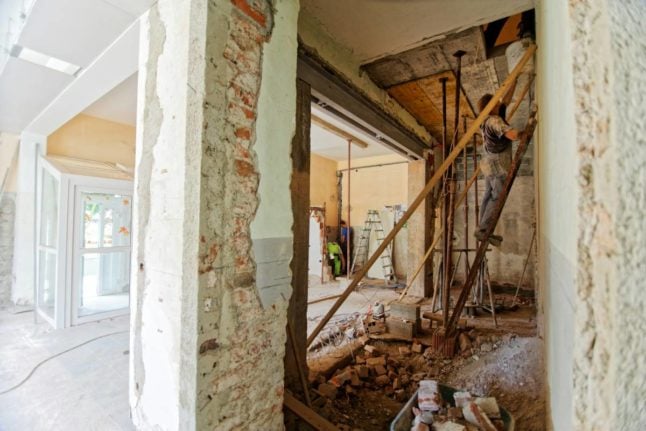If you are not a national of the EEA or a family member of one, you will need a residence card to live, work and study in Norway legally.
The two most common types of residence permits are for workers’ or family immigration reasons. Work permits are primarily handed to skilled workers and seasonal workers. Meanwhile, you will need to either be the partner, spouse or close family member of someone living in Norway legally to be granted a family residence permit.
READ MORE: How to get a work permit in Norway
Permits aren’t typically granted for extended family members like cousins, aunts, uncles or grandparents. Additionally, the rules make it difficult for parents to join adult children or adult children to join their parents.
You can read more on the specifics of permits in much more detail below.
- What are the rules for moving to Norway to be with family?
- What are the rules for moving to Norway to be with a partner?
Whether you are in the process of obtaining a residence permit or are a long-term resident with an eye on your next move, then you’ll need to have one eye on the Norwegian property market to avoid missing out on your dream home or being ripped off.
You’ll also need to know what to do in the event of any unforeseen problems cropping up, be that a difficult landlord or a noisy neighbour.
- How to deal with noisy neighbours in Norway
- Renting in Norway: How to resolve disputes with your landlord
Norway often tops, or features at the business end, of lists ranking citizens’ happiness and their overall quality of life. However, while some of the best things in life are free, only some things come for cheap in Norway.
This leaves many questioning how big of a pay packet they need to enjoy this fabled quality of life in Norway. It also begs the question of how much money you need to get by in each of Norway’s biggest cities like Oslo, Bergen, Stavanger and Trondheim and whether there is much difference between them.
How much money do you need to earn for a good life in Norway?
While these articles cover living in Norway legally, finding a place to call home and how much cash you’ll need to live a decent life, they don’t offer any insight on fitting in socially. Gelling and fitting in socially are necessary to get the most out of life in Norway.
Furthermore, no matter how well you prepare, there will be culture shocks, both big and small, waiting for you and social norms that may leave you scratching your head.
READ MORE: Five Norwegian social norms that may be strange to newcomers
Learning the local language can also help you feel much more gelled and comfortable in your new surroundings, even if it is expensive. Finding out how much it will cost you is essential. However, finding cheap hacks on how to learn the language on a budget is perhaps even more important.
READ MORE: What are the cheapest ways to learn Norwegian?
If you settle in Norway, you may even end up thinking about the possibility of becoming a permanent resident or even a citizen. Should you have kids, you’ll also probably wonder what the rules are for them becoming citizens.



 Please whitelist us to continue reading.
Please whitelist us to continue reading.
Member comments